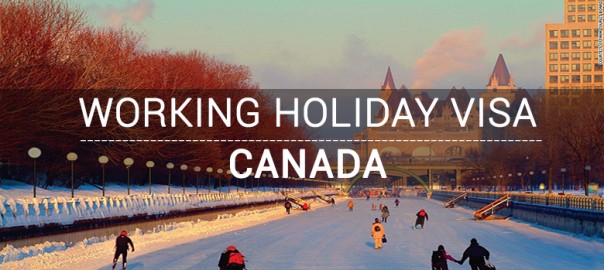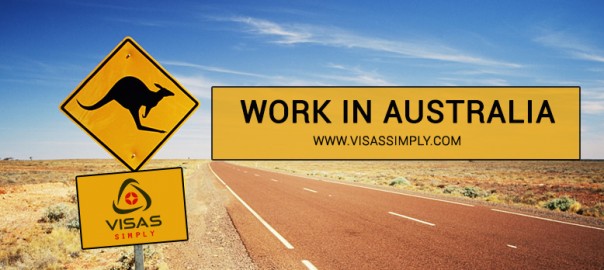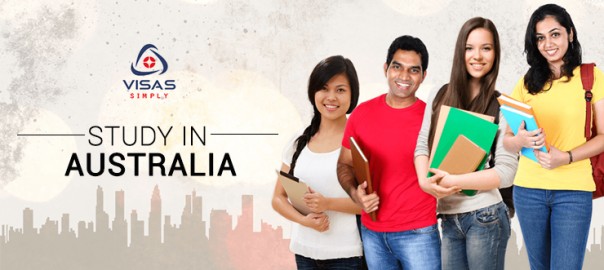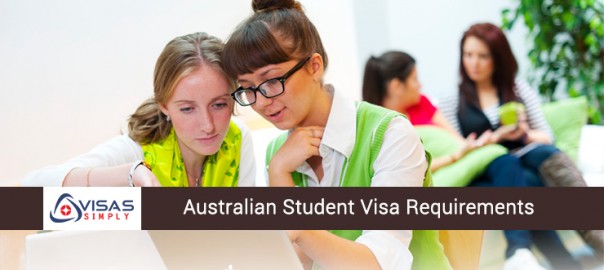Australia provides a unique kind of education and a learning style that encourages you to be innovative, creative and think independently. Australia attracts the third largest number of international students in the English-speaking world. Australia education offers an experience that makes a real difference. Graduates from Australia are very successful in finding jobs and hold prominent positions worldwide. Additionally, they are readily accepted for postgraduate study at leading international universities. Australia is a dynamic, vibrant country and its people are energetic, friendly and confident. Multicultural Australia is a safe, friendly, sophisticated and harmonious society in which students can learn and travel in an English speaking country. Australia also offers excellent value for money and a standard of living which is among the highest in the world. Living expenses and tuition costs in Australia are considerably less expensive n this continent.
Quality and Protection
International students in Australia and their parents enjoy a level of service and financial protection. Australia’s commitment to offering international students a quality education is backed up by legislation and regulations that govern the international education sector.
Quality Assurance
Australia’s national quality assurance system is unique. It is a combination of government regulation and industry self-regulation. Each sector has its own comprehensive quality assurance mechanisms.
Education Services for Overseas Students ESOS Act 2000
Australia also has another level of quality assurance protection for international students. Students who have chosen to study in Australia receive rigorous protection through the Education Services for Overseas Students (ESOS) Act 2000. This legislation requires those institutions that teach international students to meet nationally consistent standards in education delivery, facilities and services.
Commonwealth Register of Institutions and Courses for Overseas Students (CRICOS)
Institutions must be registered with the Australian Government before they are permitted to enrol international students in Australia. And to become registered both public and private institutions must demonstrate that their qualifications meet Australian standards. Every education provider that seeks to recruit, enrol or teach overseas students, or to advertise their ability to do so, must be registered on CRICOS. CRICOS lists all providers registered to offer courses to people studying in Australia on student visas and the courses they offer in the state where they are registered.
Codes of ConductÂ
The ESOS Act governing the international education sector also includes the National Code of Practice for Registration Authorities and Providers of Education and Training to Overseas Students (the National Code). This operates in all Australian states and it is legally enforceable. CRICOS-registered providers must abide by the National Code.
Supporting StudentsÂ
The National Code requires CRICOS-registered institutions to help and support students to study and adapt to their new environment. They must inform students about the support services they have in place before the student takes up the offer of a place and enrols.
Support services include:
- offering a mechanism to independently handle student grievances;
- employing a Contact Officer whose broad role embraces arranging counselling for students if needed;
- approving welfare and accommodation arrangements for students under 18;
- giving students as soon as they arrive, information that helps them adjust to their new environment; and
- Informing students what they must do to progress academically and tell them about future study options.
Consumer Protection
The ESOS legislation also aims to protect the financial interests of current and intending overseas students who can demonstrate that their education provider has failed to meet its commitments. The institution is obliged to offer the student a refund or offer them a suitable alternative tuition at no extra cost.
Safe, multicultural society
Multicultural Australia is a safe, friendly, sophisticated and harmonious society in which students can learn and travel in an English speaking country. Australia is a safe country compared to almost anywhere in the world. Crime and political unrest are limited in Australia. Australia has low crime rates and strict gun control laws providing a safe environment. Your study plans and progress are not likely to be upset by political turmoil. Australians are open, friendly people and you will find a warm welcome in Australia. Many students living in home stay situations experience Australian family life in a natural, friendly way and often find they are treated like a family member. You will discover many opportunities to make lasting friendships.
Value for moneyÂ
Australia also offers excellent value for money, with living expenses and tuition costs in Australia considerably less expensive than the United Kingdom (UK) and the United States of America (USA), and a standard of living that is amongst the highest in the world.
English speaking country
English opens doors to more study options and international career choices.
Australia leads the way in English language training. Students from around the world come to Australia each year to enjoy the challenge of learning English in an English speaking country – for study, work, travel or personal reasons. Australia’s flexible English language institutions cater for everyone from beginner to advance to teacher training.
Be assured of quality. In Australia, English language training is closely regulated to ensure the highest standards are maintained. There are standards for class sizes, professional teacher qualifications, curriculum, teaching methods and materials.
You will have access to excellent facilities.
Gain recognition. When you complete your English language studies, you can sit for one of the major internationally recognised tests including the Cambridge test, Test of English as a Foreign Language (TOEFL) and the International English Language Testing System (IELTS). Australian institutions prefer the IELTS test which is also a requirement for many student visas.
Qualifications recognitionÂ
Australian qualifications are recognised by employers and leading educational institutions in many countries around the world. An Australian Government organisation called the National Office of Overseas Skills Recognition (NOOSR) assists Australian institutions to recognise qualifications from overseas. NOOSR also works to promote the recognition of Australian qualifications internationally. Most courses and training undertaken by international students in Australia on a student visa are covered by the Australian Qualifications Framework (AQF). To check your student visa eligibility fill our free assessment form. You can check here Australian student visa requirements













